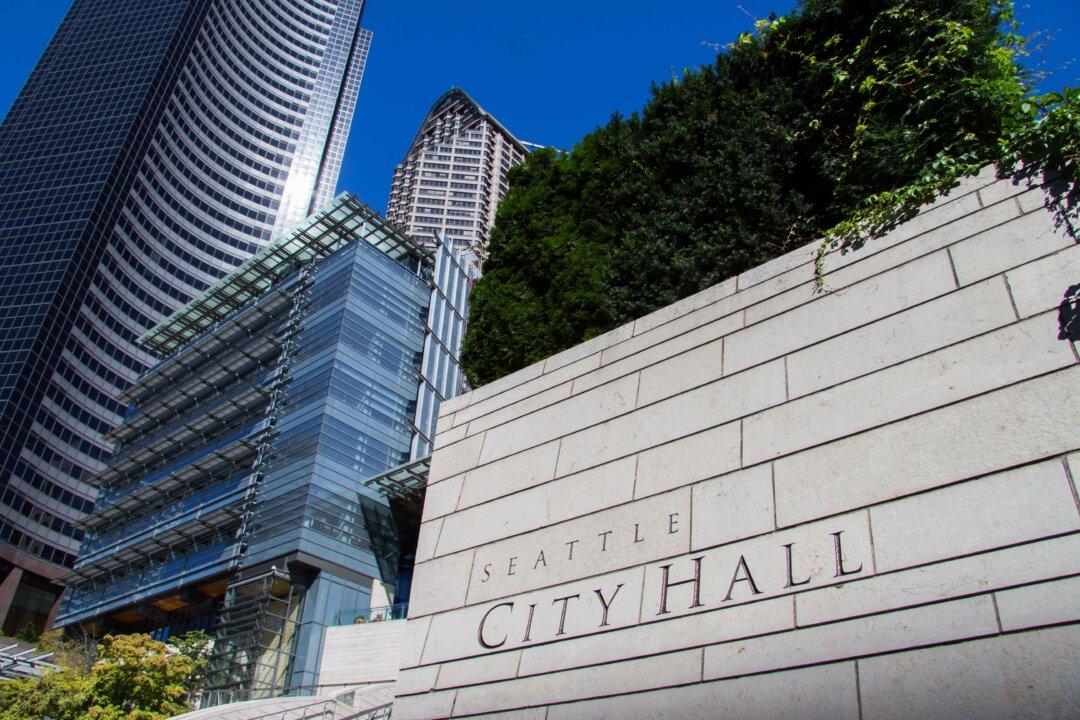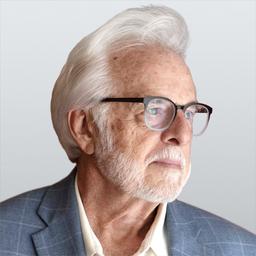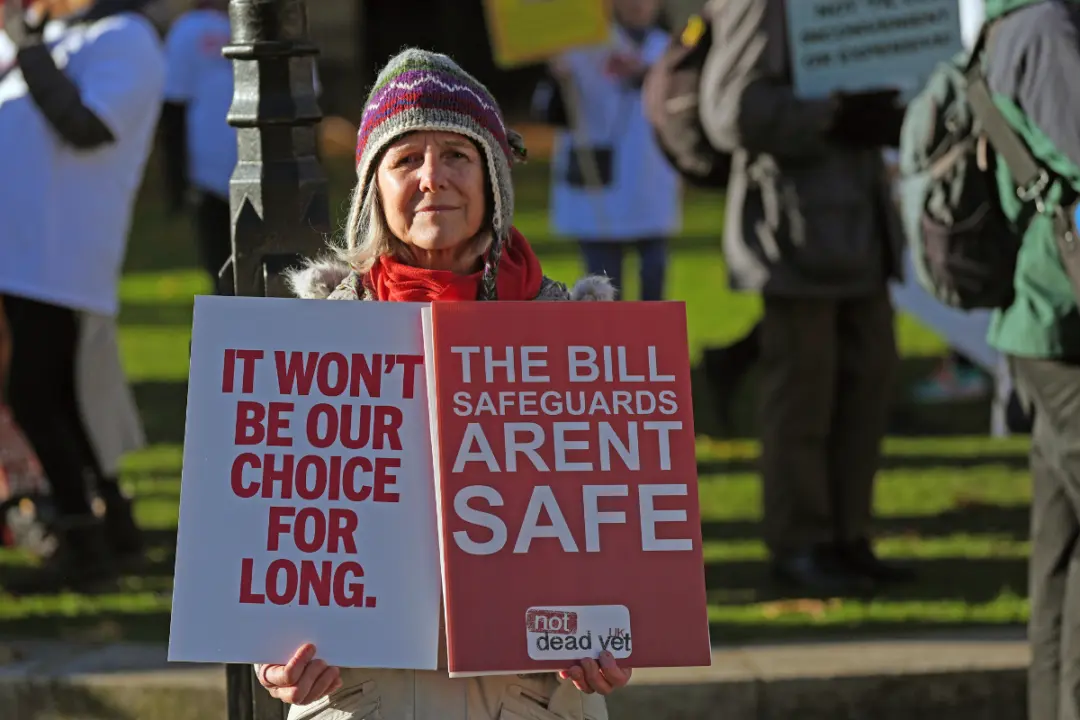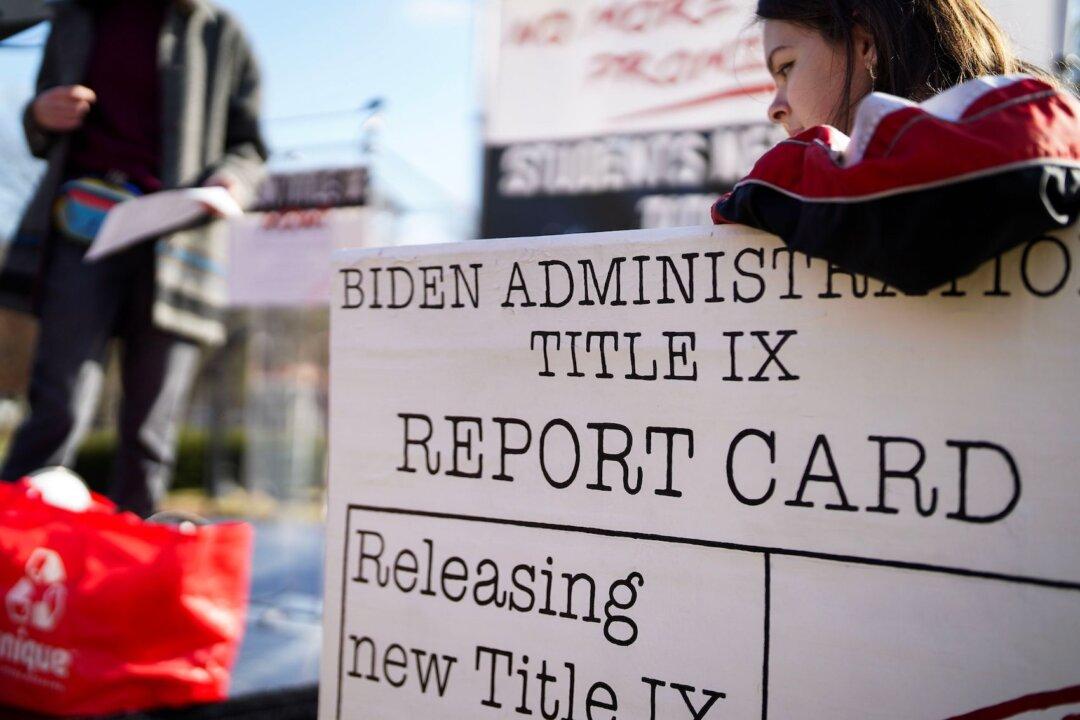Commentary
“Are you now, or have you ever been a member of the Communist Party?” That question brought dread and fear to countless Americans during the dark days of the “Hollywood Blacklist,” “McCarthyism” and the “Second Red Scare” of the early 1950s.





